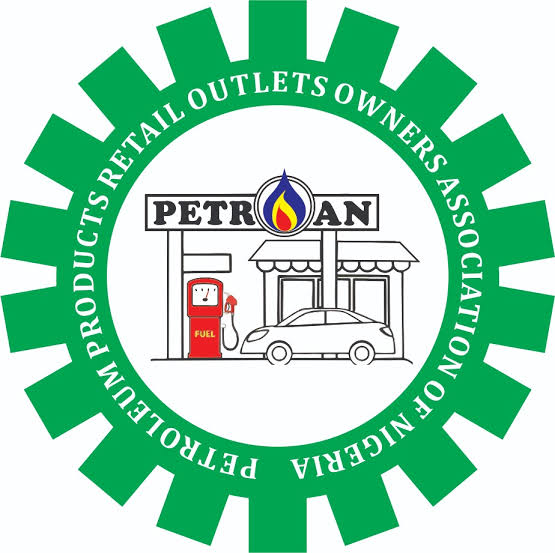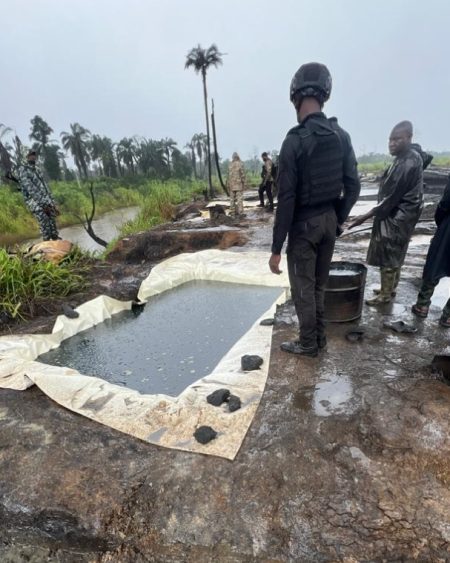 03 December 2012, Sweetcrude, Eket – Mobil Producing Nigeria Unlimited, MPN, says it has spent more than N70 million to clean up the recent oil spill from its facilities in Ibeno, Akwa Ibom.
03 December 2012, Sweetcrude, Eket – Mobil Producing Nigeria Unlimited, MPN, says it has spent more than N70 million to clean up the recent oil spill from its facilities in Ibeno, Akwa Ibom.
The company, in a statement made available to the News Agency of Nigeria, NAN, on Monday in Ibeno, said that the amount was used to pay youths engaged for the cleanup.
MPN, a subsidiary of US oil firm ExxonMobil, had earlier confirmed that 200 barrels of crude was discharged into the Atlantic from its operations on November 9.
According to the statement, signed by Mr Paul Arinze, the General Manager, Public and Government Affairs, MPN engaged 500 youths from its host community for the cleanup.
NAN gathered that the youths received a daily wage of N7,000 each for 20 days that the exercise lasted.
Although company sources did not disclose the cost of the coastline cleanup, one of the community contractors said that the N70 million was just for wages.
He explained that the amount did not include materials and machinery deployed for the mop up.
Mr James Etim, one of the youths engaged for the cleanup, confirmed to NAN that he received N7,000 daily for his labour.
“The 500 people assigned for the cleanup got N7,000 daily, but we do not know if Mobil is paying higher than that. Our concern is that the job is temporary one and has been schedule to last for 20 days.
“We hope that they will extend the period at least for another 10 days to enable us do a thorough cleaning. But a lot depends on the progress of work and the assessment of the regulators,” Etim said.
NAN reports that a team of oil spill response workers, equipment and crude dispersing chemicals were also dispatched to the spillage site located 20 kilometres from the Atlantic Coastline in Ibeno.
MPN attributed the spill to a ruptured 24 inch pipeline between the Qua Iboe Fields and crude processing facility in Ibeno.
The situation compelled the oil firm to declare a ‘force majeure’ on its crude streams.
Force majeure is a legal term used to free a company from legal liabilities for not meeting its crude supply obligations due to circumstances beyond its control.



